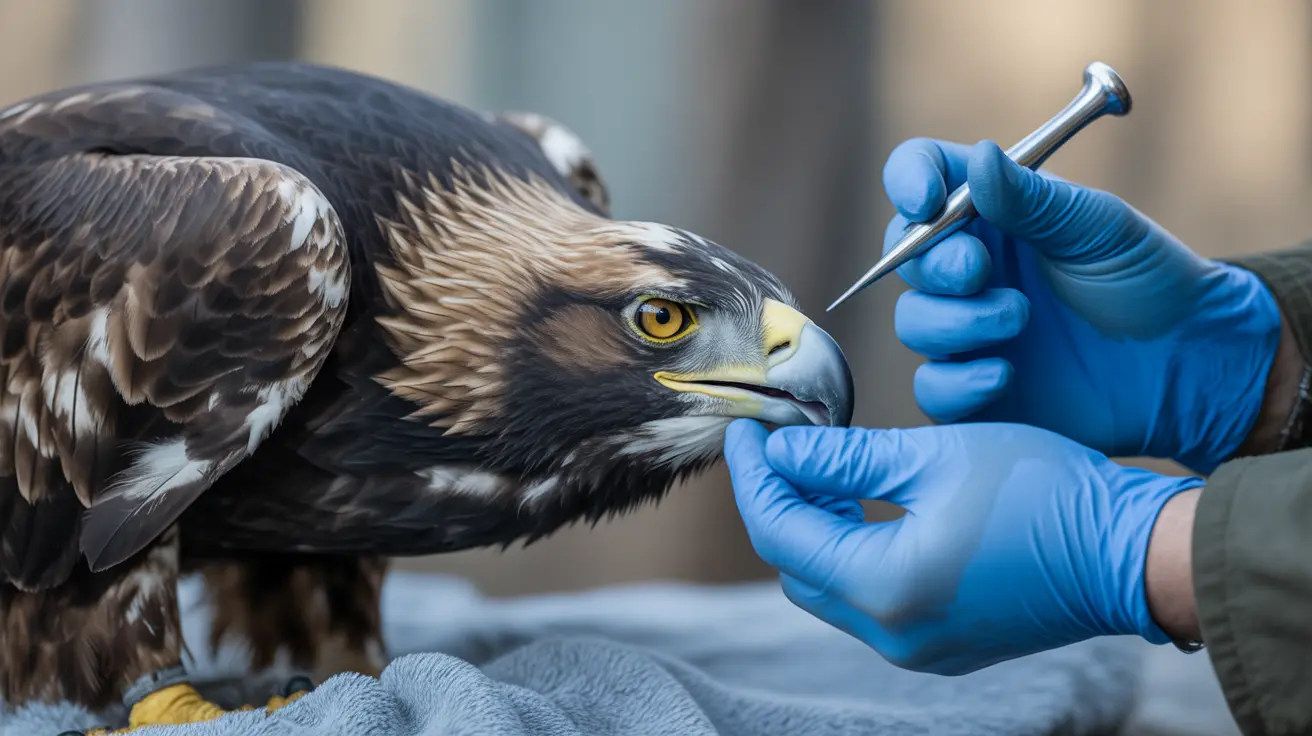Animals That Are Illegal to Own in the U.S.
Owning exotic animals may seem thrilling, but in the United States, many species are considered illegal to keep as pets due to public safety, conservation, and ethical concerns. Understanding which animals are prohibited and why can help potential pet owners make responsible decisions.
Why Are Some Animals Illegal to Own?
There are several reasons why certain animals are restricted:
- Public Safety: Dangerous animals can pose threats to human life.
- Environmental Impact: Non-native species may disrupt local ecosystems if they escape.
- Animal Welfare: Exotic pets often suffer in captivity without proper care.
- Disease Risk: Some animals can transmit zoonotic diseases to humans.
Examples of Illegal Pets in the U.S.
Ownership laws vary by state, but some animals are widely banned across the country:
- Tigers and other big cats: Highly dangerous and require specialized care and containment.
- Primates (monkeys, chimpanzees): Intelligent but unpredictable and can carry diseases like herpes B.
- Wolves and wolf-dogs: Considered wild animals and often banned due to safety issues.
- Alligators and crocodiles: Dangerous reptiles illegal in many states.
- Venomous snakes: Including vipers and cobras, often need special permits or are outright banned.
- Bears: Strong and unpredictable, requiring extensive containment measures and often prohibited.
- Large constrictor snakes (e.g., Burmese pythons): Can grow to dangerous sizes and are invasive in certain ecosystems like the Florida Everglades.
Federal Regulations and State Laws
The U.S. has both federal and state laws regulating exotic animal ownership:
- The Endangered Species Act (ESA): Prohibits ownership and trade of endangered species.
- Lacey Act: Restricts import and transport of dangerous or invasive species.
- Captive Wildlife Safety Act: Specifically prohibits private ownership of big cats.
In addition, most states have their own laws detailing which animals are considered illegal. For example:
- California: Bans ferrets, hedgehogs, and most exotic pets.
- New York: Outlaws big cats, primates, and certain reptiles.
- Texas: Requires permits for many exotic animals and bans some outright.
Penalties for Illegal Ownership
Those who illegally own exotic animals can face serious consequences:
- Seizure of the animal by authorities.
- Fines ranging from hundreds to thousands of dollars.
- Criminal charges, including imprisonment in severe cases.
- Permanent revocation of permits or licenses.
Exceptions to the Rule
Some institutions and individuals can legally own otherwise banned animals:
- Zoos and aquariums: Licensed and regulated facilities.
- Wildlife sanctuaries: Non-profit organizations providing care for rescued animals.
- Educational facilities: Schools or museums conducting research or public outreach.
These entities are subject to rigorous regulations regarding animal care and public safety.
Ethical Considerations
Beyond legality, keeping exotic animals raises ethical questions:
- Proper Care: Exotic animals often require specialized diets, habitats, and medical care.
- Conservation: Supporting wildlife preservation is often better achieved through donations to conservation groups rather than owning the animals.
- Animal Stress: Many wild animals become stressed in domestic settings, leading to behavioral issues.
Conclusion
Owning exotic animals in the U.S. is highly regulated, and many species are outright banned to protect humans, animals, and ecosystems. It's important for prospective pet owners to educate themselves about the laws in their states and consider the ethical implications before pursuing exotic pet ownership. Choosing legal and domesticated pets not only avoids legal trouble but also contributes to responsible animal stewardship.





